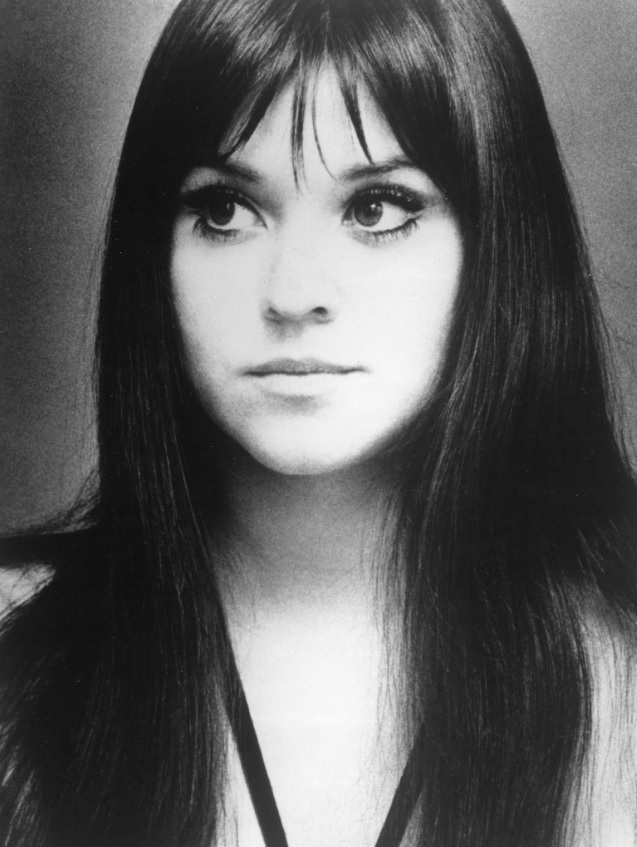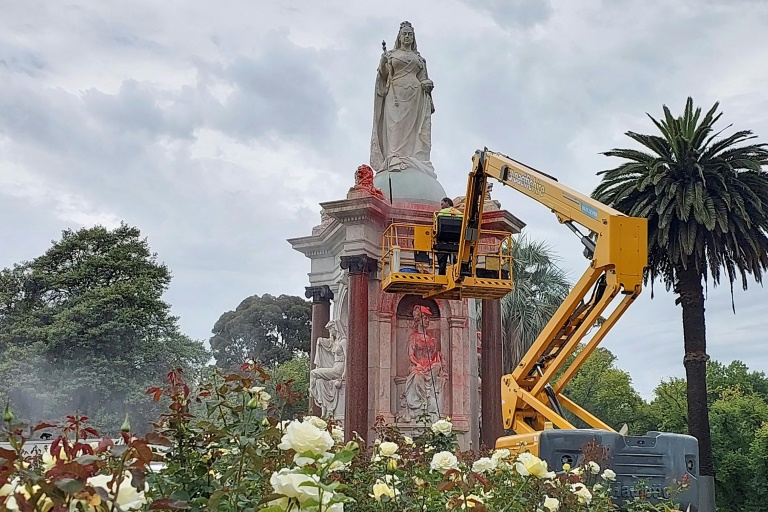Melanie Safka, known as “The First Lady of Woodstock” for her performance at the 1969 festival when she was only 22, and known for hits like “Brand New Key” and “Lay Down (Candles in the Rain)” in the 1970s, has died at the age of 76. The songwriter’s children, Leilah, Jeordie, and Beau-Jarred, revealed that she died on January 23 at the age of 76.
“This is the hardest post for us to write, and there are so many things we want to say, first, and there’s no easy way except to say it … Mom passed, peacefully, out of this world and into the next on January, 23rd, 2024.”
Death of a Star
X
The Facebook post didn’t mention the cause of death. Melanie’s children lauded her as ‘one of the most talented, strong, and passionate women of the era,’ emphasizing that “every word she wrote, every note she sang reflected that.”
“She was one of the most talented, strong and passionate women of the era and every word she wrote, every note she sang reflected that,” they wrote.

X
They urged her fans to commemorate their mother by lighting a candle on Wednesday, January 24, at 10 p.m. Central Time.
“Our world is much dimmer, the colors of a dreary, rainy Tennessee pale with her absence today, but we know that she is still here, smiling down on all of us, on all of you, from the stars.
Even though her series of hits had dwindled by the mid-1970s, Melanie continued recording and performing live until the very end. In January, she had been actively engaged in the studio, working on a new album of cover songs titled “Second Hand Smoke.”

X
She was said to be in the process of creating her 32nd album, an entire collection of cover songs titled “Second Hand Smoke,” as reported by her label, Cleopatra, to the Hollywood Reporter.
The album was expected to feature covers of Morrissey’s “Ouija Board Ouija Board” and Nine Inch Nails’ “Hurt.”
Low-Profile Life
According to reports, Melanie recorded her own interpretations of songs like Radiohead’s “Creep,” the Moody Blues’ “Nights In White Satin,” Depeche Mode’s “Enjoy the Silence,” and David Bowie’s “Everyone Says Hi” for the album.

X
“I am profoundly heartbroken by the loss of one of the most remarkable female artists of our generation,” Brian Perera of Cleopatra Records said in a statement to The Post. “In the years ahead, I am committed to collaborating closely with her children to honor and perpetuate her extraordinary legacy for future generations.”
He continued, “Our hearts are collectively shattered; she was not only an immense talent but also a truly wonderful person to know and work alongside. Her presence in the music and beyond will be deeply missed.”
Melanie, born Melanie Anne Safka in Astoria, Queens, in 1947, completed her high school education in New Jersey, graduating in 1964.
She went on to study acting at the American Academy of Dramatic Arts at the urging of her parents, who emphasized the importance of a college education. While attending the academy, she also started performing at folk clubs in Greenwich Village.
This period coincided with a surge in popularity for such clubs, ultimately propelling singers like Bob Dylan and Peter, Paul, and Mary to stardom.
Melanie had a brief stint with Columbia Records, but it was with the smaller label Buddah Records that she achieved her initial success in 1969 with the single “Bobo’s Party.”
The song reached the top of the charts in France and enjoyed success in other parts of Europe. This accomplishment led to television appearances in Europe, and she gained further recognition when she became one of only three solo female acts to perform at the iconic Woodstock Music and Art Fair in 1969.
Inspired by her experience at Woodstock, she produced her first major U.S. hit, “Lay Down (Candles in the Rain),” in collaboration with the Edwin Hawkins Singers. The song was released in 1970.

X
“Lay Down (Candles in the Rain)” climbed to number six on the Billboard Hot 100 singles chart, marking Melanie’s first top 10 single. In the same year, she also released a moderately successful cover of the Rolling Stones’ classic “Ruby Tuesday.”
Her most significant hit up to that point came in 1971 with the song “Brand New Key,” which reached the number one spot on the Billboard Hot 100.
The single later received Gold certification from the Recording Industry Association of America (RIAA). The song was produced by her husband, Peter Schekeryk, who died in 2010.







